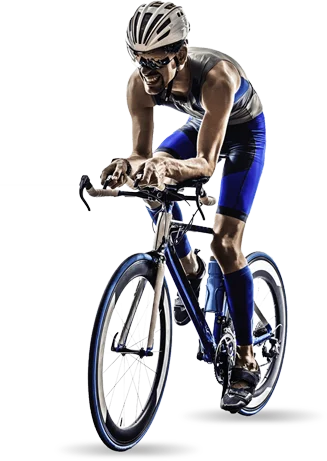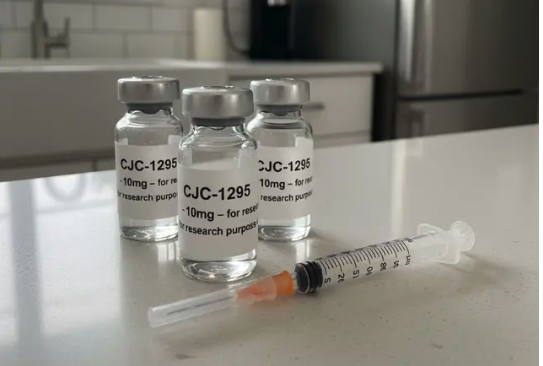
THE GOLD STANDARD IN THIRD-PARTY CERTIFICATION AND TESTING : +1-800-920-6605, info@bscg.org
Built on a legendary foundation of over 30 years at the forefront of anti-doping and drug testing in sport, BSCG (Banned Substances Control Group) has been a leader in supplement safety and anti-doping since it’s foundation in 2004. Our commitment to the Olympic-standard in analytical testing is the heart and soul of every sample we test and every product we certify.



 YouTube Channel
YouTube Channel
Oliver Catlin Interview
 BSCG BLOG
BSCG BLOG
CJC-1295: Use in Sports and Military Rules Explained

 The Catlin Perspective blog widget
The Catlin Perspective blog widget
THE HISTORY OF BSCG